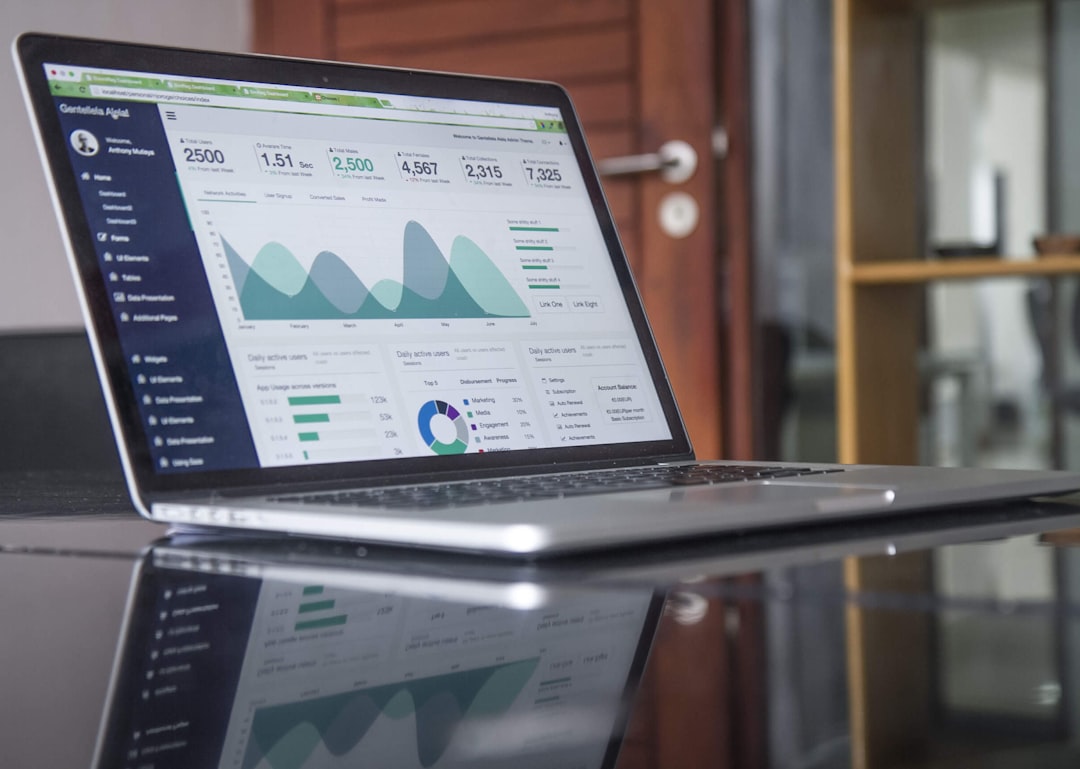This question is frequently asked when marketers decide whether they take the Facebook page route or stick to creating a Facebook group. The great news is that these choices are not respectively exclusive.
You can and should do both, and this is what this article will explain! But, of course, there are pros and cons to each. For example, where a Facebook page is weaker, a group is more robust, and vice versa.

If your goal is to build a thriving Facebook group of like-minded people who will enjoy consuming your content and buying your products, you’ll need a Facebook group for that.
As a product vendor, you’ll be able to engage with your potential and current customers in your Facebook groups. You can get suggestions, recommendations directly from them.
Facebook groups are interest-driven, and the people in them are passionate about the niche and the group objective. So you can learn a lot about your target audience from them.
However, if you want to use advertising, you must have a Facebook page to serve as the face of the business. So, if you’re using paid ads on the platform, you’ll need a business page.

One of the limitations of groups is that you will be personally involved with them, and you will be the face of the business because all the members will be able to see your profile and know that you are the group admin.
Some marketers may prefer anonymity and contemplate using a fake profile similar to using a pen name. Unfortunately, upon this practice, Facebook will shut down your account if it discovers that it does not relate to a natural person.
If you are indecisive about letting people know that you are the business owner, you may stick to Facebook pages. Alternatively, you may link your page to your group and answer member’s questions in the group by using your page. In this way, it appears as if the business page is answering them rather than you personally.
A Facebook page has more features and provides more data because advertisers need such information and tools. In addition, pages are there to encourage people to use the ad platform.
While people can like your Facebook page, that doesn’t necessarily mean that your page’s fans will see every post you make on your page. Many page owners report minimal reach with their posts, and they often suspect that the social media giant is throttling the reach so that page owners will pay to ‘boost their posts.
It's like paying to play. You need to pay to get more eyeballs on your page. You won’t have such a problem with your Facebook group. Most of the members will see your posts, especially if you mark them as announcements and pin them to the top.
When it comes to privacy, a Facebook page is visible to everyone, while a Facebook group can be kept private. So, if you wish to have an insider’s community, you’re better off with groups.
With a Facebook page, you can have a button that points to your site or store. However, you don’t have that option with a group unless you add a link in your group description.
Generally, Facebook pages make it easier to promote your business because there’s more flexibility to monetize it. But groups offer you more control over the members, posts, and comments that people make in your groups. For example, you can permanently remove and ban problematic members. Here you can learn also get to know more about the 10 common Facebook Group mistakes you should avoid.
Conclusion
The best way to know which is better for your business is to create both a page and a group and use them accordingly in your business. Once you get the hang of these two different types of features, you’ll know how to leverage them in the best possible way to achieve your business goals.